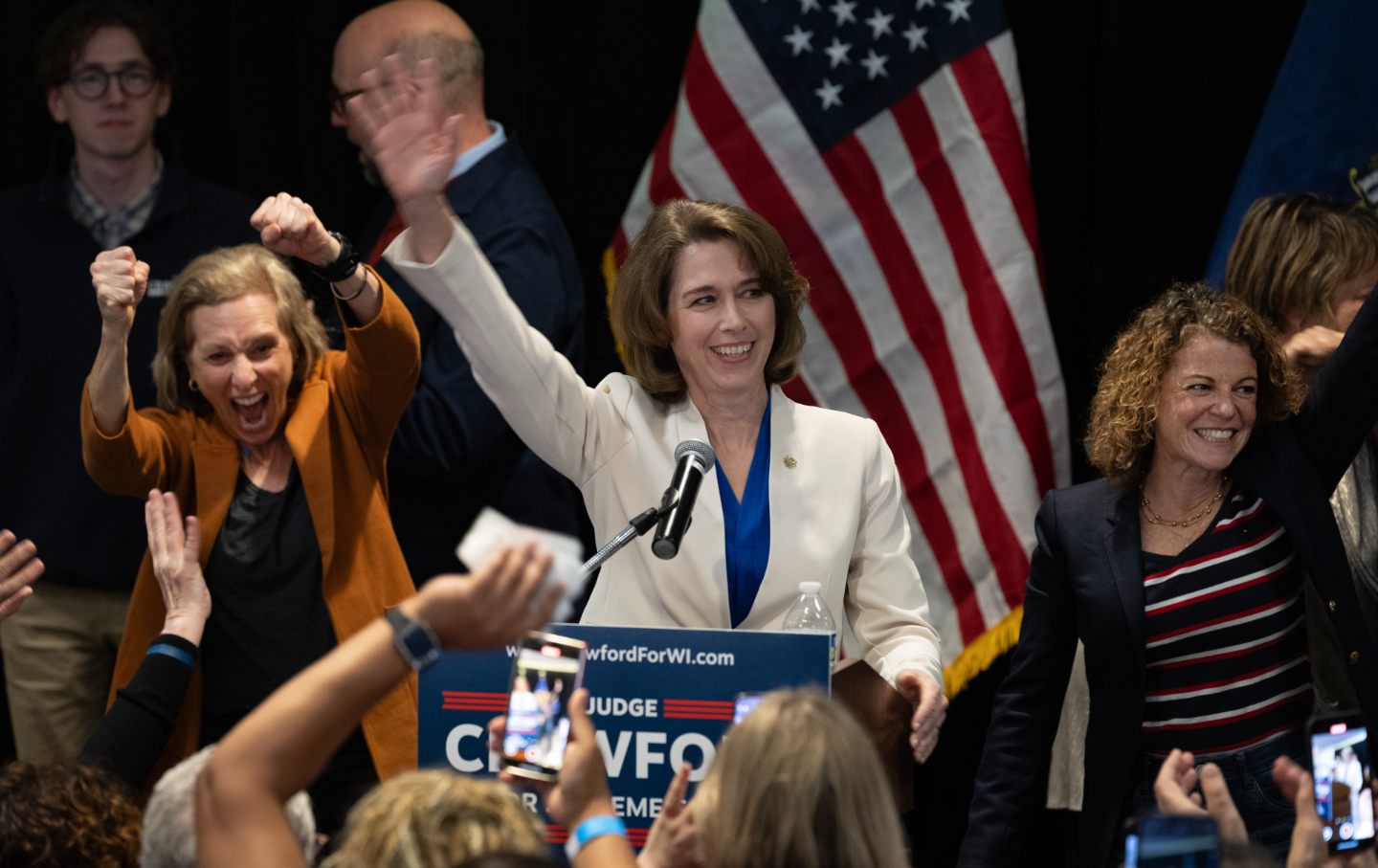The wealthiest man on the planet attempted to influence an election in Wisconsin, but his efforts failed, providing a blueprint for countering Trumpism.
Susan Crawford emerged victorious in her bid for Wisconsin Supreme Court justice on April 1, 2025, in Madison, Wisconsin, defeating the joint interests of right-wing campaigners led by Elon Musk. Musk invested over $25 million to support a conservative candidate for the state’s Supreme Court, leveraging resources to rally against what he termed “judicial activism.” He had previously traveled to Green Bay, expressing his belief in the election’s monumental significance for humanity’s future.
Musk’s predictions were not realized as anticipated. Instead, Wisconsin voters delivered a robust rejection of his financial influence and President Donald Trump’s disparaging of the progressive candidate. This result also countered Republican attempts to utilize the election as a critique of the independent judiciary, which some Washington oligarchs, including a billionaire president and Musk, sought to undermine.
Dane County Circuit Judge Susan Crawford, with backing from progressive proponents such as US Senator Tammy Baldwin, labor unions, and the expanded Wisconsin Democratic Party, won against former Attorney General Brad Schimel. Schimel received support from Trump, Musk, corporate entities, and the state Republican Party, but was defeated by a substantial 55-45 margin.
Crawford’s victory secured the 4-3 progressive majority on Wisconsin’s Supreme Court, which now anticipates handling significant cases regarding abortion rights, labor rights, and voting rights. This outcome is notable, especially given Trump narrowly claimed the state in the previous election.
US Representative Mark Pocan commented that Wisconsin’s Supreme Court election served as a referendum on the agendas of Musk, Trump, and the Republican Party nationwide, highlighting voter opposition to corporate tax advantages at the expense of middle-class programs.
Musk minimized his concern for the election outcome post-defeat, shifting focus to a voter-ID amendment, despite Wisconsin already having such laws for nearly a decade.
Crawford, celebrating her success, emphasized her upbringing in a working-class community as inspiration, indicating a triumph against Musk’s immense financial backing. Her successful campaign stood out in what became the costliest state court race in U.S. history, with Musk contributing a significant share of the total $100 million spent by candidates and their supporters.
During the campaign, Crawford effectively debated her opponent, maintaining composure amid escalating attacks and financial endeavors by Musk and Trump. In her victory speech, she emphasized Wisconsin’s defense against undue political influence, asserting that justice remains priceless and beyond financial reach.
The contest was predetermined to be crucial as it was poised to decide the control of the state Supreme Court following the retirement of progressive Justice Ann Walsh Bradley. Musk’s and Trump’s involvement framed the election as the most definitive vote on Trump’s second-term policies, and the outcome served as a clear message of resistance against perceived authoritarian strategies.
Wisconsin voters further supported rural progressive Jill Underly’s reelection as state superintendent of public instruction, solidifying a broader rejection of right-wing financial influences in nonpartisan elections. Democratic Party of Wisconsin Chair Ben Wikler interpreted the results as an indication of voters’ discontent with Musk and Trump’s national actions, urging potential Democratic candidates to seize the moment.
Wikler reiterated the sentiment that Wisconsin voters rejected external attempts to buy influence in their democratic process. He anticipated that the election’s lessons would resonate nationally, emphasizing the persistence of hope and democratic resilience.
